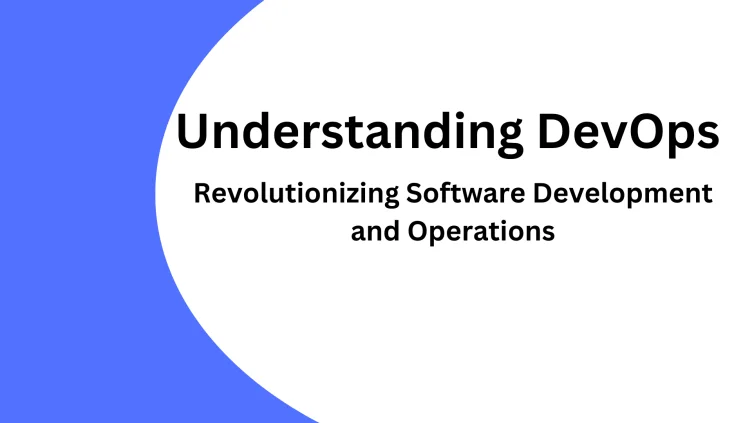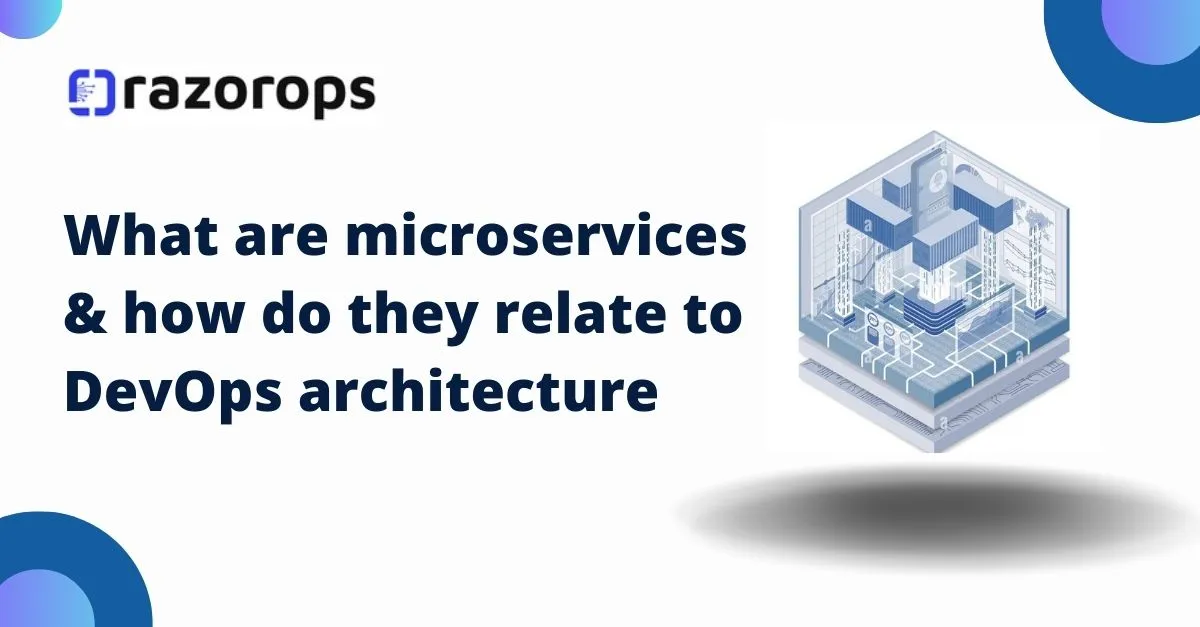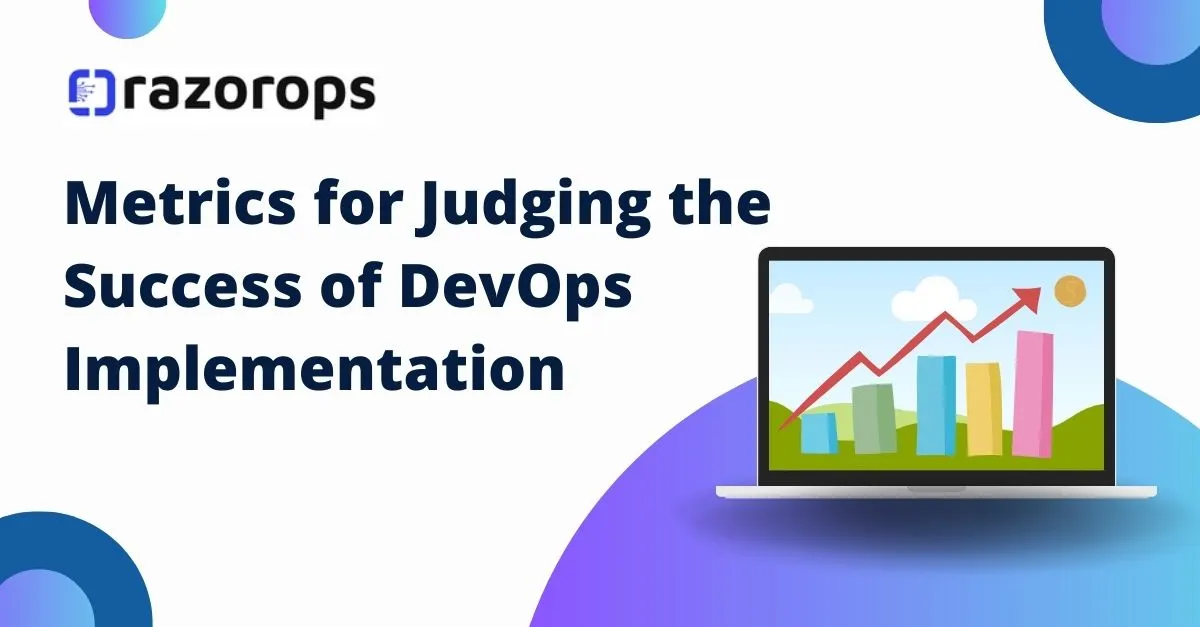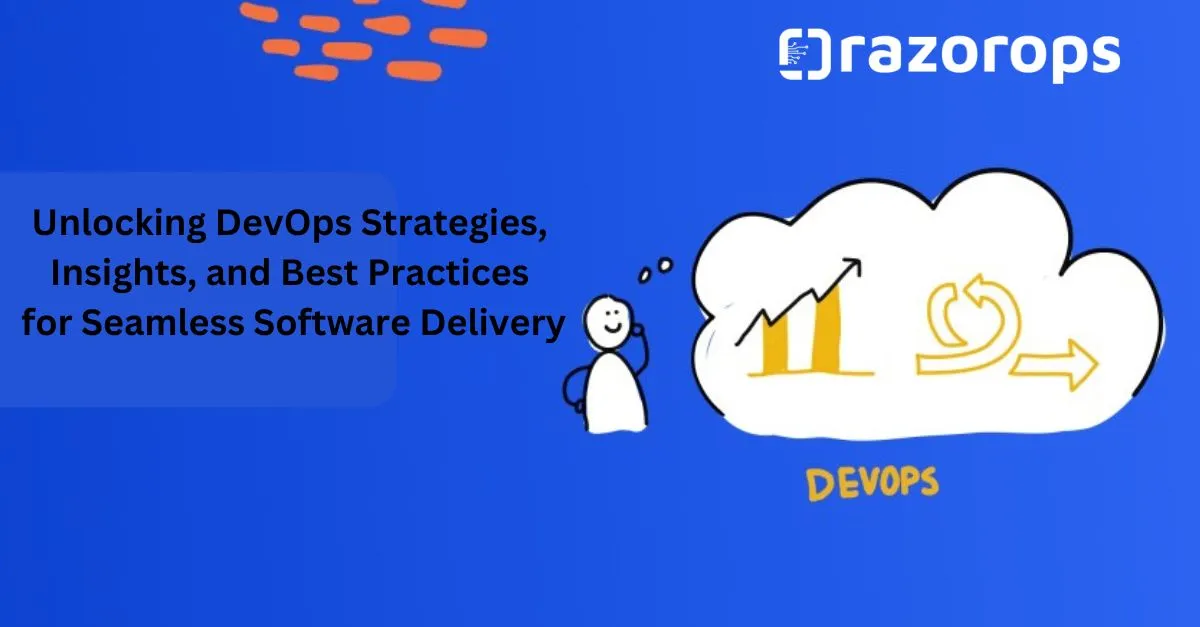Maximizing Efficiency and Collaboration with Top-tier DevOps Services
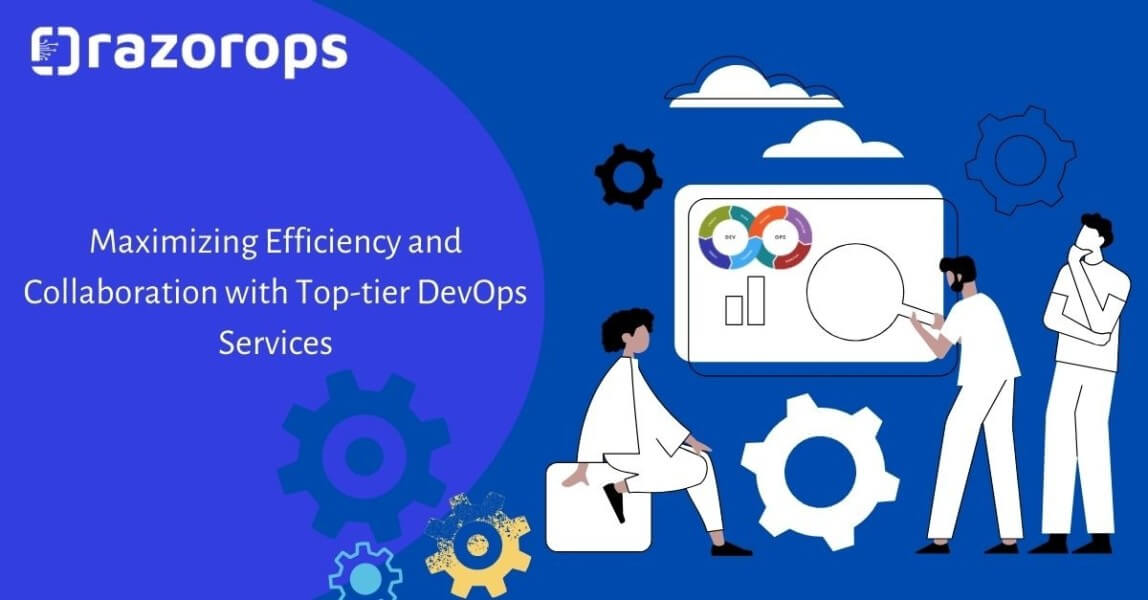
In today’s fast-paced digital landscape, where software development and deployment happen at lightning speed, DevOps has emerged as the key to achieving operational excellence and maintaining a competitive edge. DevOps is more than just a buzzword; it’s a culture, a set of practices, and a collection of powerful tools that streamline collaboration between development and operations teams. To truly maximize efficiency and collaboration, organizations are turning to top-tier DevOps services that offer a holistic approach to the software development lifecycle. Here, we explore the transformative impact of such services and how they can elevate your organization’s DevOps game.
Seamless Collaboration:
Top-tier DevOps services facilitate seamless collaboration between traditionally siloed development and operations teams. By breaking down these barriers, teams can work together to build, test, and deploy software more efficiently.
Automated Workflows:
Automation lies at the core of DevOps, and top-tier services excel in automating repetitive tasks, such as code testing, deployment, and monitoring. This not only reduces manual errors but also accelerates the release of high-quality software.
Continuous Integration and Continuous Deployment (CI/CD):
DevOps services enable organizations to implement CI/CD pipelines, ensuring that code changes are automatically built, tested, and deployed to production. This leads to faster release cycles and a more responsive development process.
Infrastructure as Code (IaC):
With IaC, DevOps services help organizations manage their infrastructure programmatically. This ensures consistent and reproducible environments, reducing configuration drift and the risk of deployment issues.
Monitoring and Alerting:
Top-tier DevOps services provide robust monitoring and alerting solutions, giving teams real-time insights into application performance. Proactive issue detection and automated alerts ensure rapid response and minimal downtime.
Security Integration:
Security is a top concern in today’s digital landscape, and DevOps services incorporate security practices early in the development cycle. This shift-left approach helps identify and mitigate vulnerabilities before they reach production.
Scalability and Flexibility:
DevOps services are designed to scale with your organization’s needs. Whether you’re a startup or an enterprise, these services offer flexibility to adapt to changing requirements and growth.
Centralized Management:
These services often provide a centralized platform for managing and orchestrating DevOps activities, making it easier to oversee the entire pipeline and ensure compliance with best practices.
Continuous Learning and Improvement:
DevOps is a journey of continuous improvement, and top-tier services emphasize learning and experimentation. They provide insights, analytics, and feedback loops to help teams refine their processes continually.
Future-Proofing:
With the ever-evolving technology landscape, top-tier DevOps services keep abreast of emerging trends and tools, ensuring that your organization remains adaptable and future-proof.
Accelerated Development Cycles:
DevOps services break down traditional silos between development and operations teams, fostering collaboration and communication. This leads to faster development cycles, reduced lead times, and ultimately, the ability to deliver new features and updates to end-users at unprecedented speeds.
Improved Quality and Reliability:
Automation is at the heart of DevOps services, allowing for consistent, repeatable processes. This results in reduced human error, improved code quality, and enhanced system reliability. Automated testing, continuous integration, and deployment pipelines ensure that each code change is thoroughly scrutinized before reaching production environments.
Enhanced Scalability:
The scalability of infrastructure and applications is critical in today’s digital world. DevOps services enable organizations to scale their resources up or down dynamically, responding to changing demands without the headache of manual provisioning and configuration.
Streamlined Collaboration:
Effective collaboration is a cornerstone of DevOps. DevOps services facilitate cross-functional teams working together seamlessly, breaking down traditional barriers between developers, IT operations, and other stakeholders. This collaborative spirit fosters creativity, innovation, and the rapid resolution of issues.
Continuous Monitoring and Improvement:
DevOps services provide real-time monitoring and feedback loops, allowing organizations to identify and address issues proactively. Continuous improvement is ingrained in the DevOps culture, leading to ongoing optimization of processes and systems.
Enhanced Security:
Security is a top concern in the digital age. DevOps services incorporate security best practices from the outset, integrating security into the development process. This “DevSecOps” approach ensures that security is not an afterthought but an integral part of the development and deployment pipeline.
Cost Efficiency:
Automation and resource optimization inherent in DevOps services lead to cost savings. By eliminating manual tasks and optimizing resource utilization, organizations can make more efficient use of their budgets.
Flexibility and Adaptability:
DevOps services are not one-size-fits-all. They can be tailored to fit the specific needs and technologies of an organization. This adaptability ensures that DevOps services can be implemented in diverse environments, from startups to large enterprises.
Competitive Advantage:
In a competitive marketplace, agility is a competitive advantage. DevOps services empower organizations to respond quickly to changing customer demands, market trends, and emerging technologies, allowing them to stay ahead of the curve.
Embracing top-tier DevOps services is not just about adopting tools; it’s about embracing a cultural shift that fosters collaboration, automation, and a commitment to continuous improvement. These services empower organizations to maximize efficiency, deliver high-quality software faster, and stay competitive in today’s digital economy. As the DevOps landscape continues to evolve, choosing the right service provider can be a game-changer in your quest for operational excellence and collaboration across your development and operations teams. Follow RazorOps Linkedin Page Razorops, Inc.



